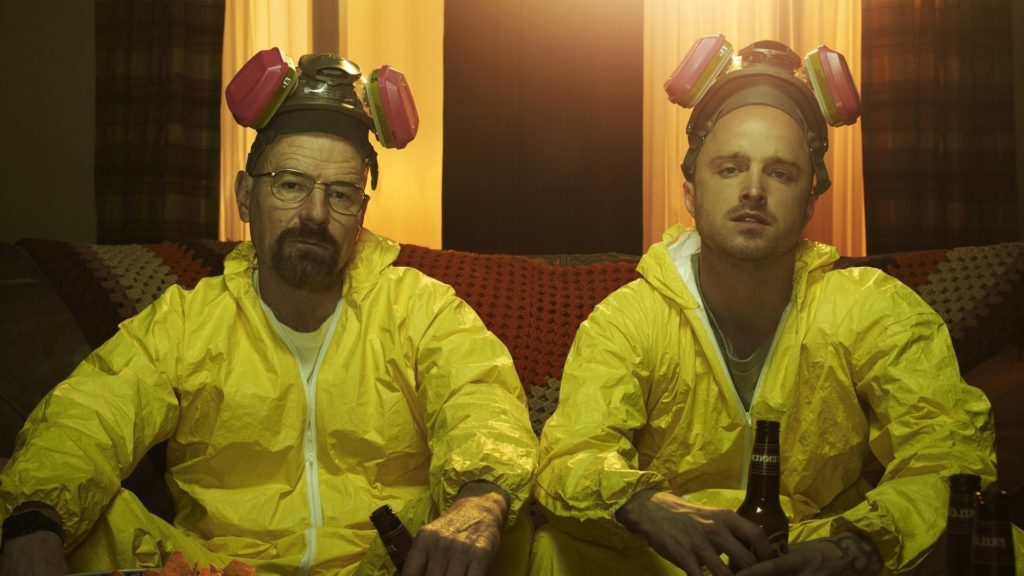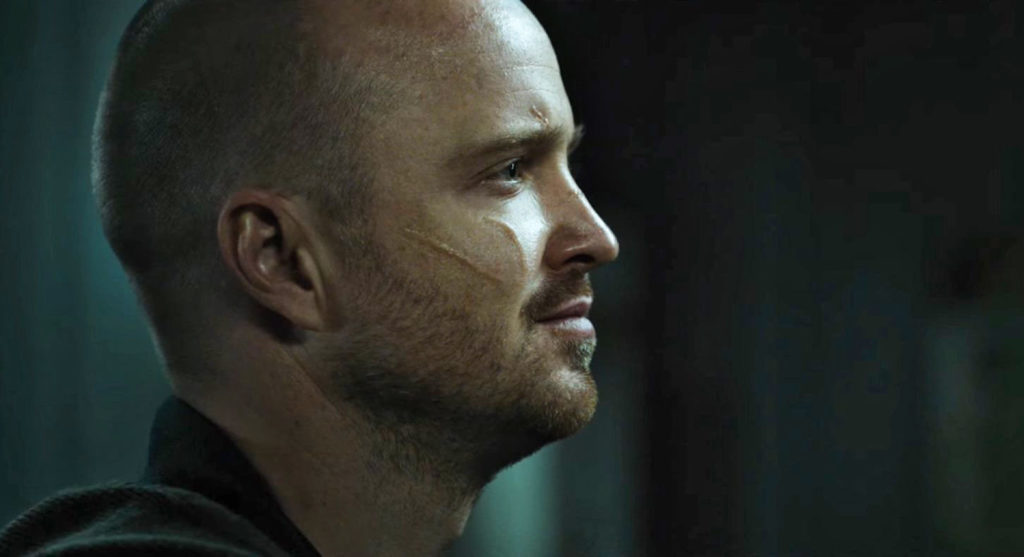Breaking Bad: A Masterpiece of Fiction Born from Reality?
As the final words of the critically acclaimed AMC series “Breaking Bad” echoed through our television screens, viewers worldwide were drawn into an intoxicating whirlwind of emotion. The transformation of Walter White (Bryan Cranston), a seemingly average high school chemistry teacher, into Heisenberg, a fearsome methamphetamine manufacturer, was compelling. With captivating characters like Jesse Pinkman (Aaron Paul), Hank Schrader (Dean Norris), Skyler White (Anna Gunn), and an array of others, the series was filled with memorable moments.

Fact or Fiction: The Origins of Breaking Bad
Given the gritty realism and intricate character developments throughout the show, it’s natural to wonder whether ‘Breaking Bad’ is based on a true story. Could Vince Gilligan, the mastermind behind the show, have drawn inspiration from real-life events or characters?
Breaking Bad: The Brainchild of Vince Gilligan
While it might be comforting to believe that a narrative as profoundly intriguing as Breaking Bad had its roots in reality, the truth is quite the opposite. The rollercoaster journey of Walter White and his descent into the dark underworld of drug manufacturing and trafficking sprung from the creative mind of Vince Gilligan. Gilligan, already a well-known name in the television industry for his work on “The X-Files,” envisioned the plot of “Breaking Bad” as a reflection of a potential midlife crisis.
True Stories Echoing Walter White’s Saga
Although ‘Breaking Bad’ was not directly based on a true story, real-life incidents of chemistry teachers turning to a life of crime have surfaced since the show aired. One such instance involves Bradley Allen Rowland, a chemistry professor from Henderson State University, who was arrested in 2019 for manufacturing meth. John W. Gose, another ex-chemistry teacher from New Mexico, faced similar charges in 2017. Were these cases influenced by ‘Breaking Bad’ or simply instances of life imitating art? The debate continues.

The Historical Genesis of Methamphetamine
Interestingly, the science and history behind methamphetamine, the illicit substance central to ‘Breaking Bad,’ date back over a century. The stimulant, known for its potent effects and highly addictive nature, was first synthesized in 1893 by a Japanese scientist as a potential treatment for conditions such as narcolepsy and asthma. However, the drug’s devastating side effects soon led to its prohibition in the United States in 1970. This historical backdrop adds a layer of realism to the fictional narrative of ‘Breaking Bad.’
Exploring the Intersection of Fiction and Reality
The gap between ‘Breaking Bad’s’ fictional narrative and the reality of methamphetamine production and distribution is not as comprehensive as one might think. The premise of a chemistry teacher leveraging his expertise to manufacture and distribute methamphetamine is not outside the realm of possibility. This connection underscores the show’s grounded approach to storytelling and exploring the human condition under extreme circumstances.

Legacy of ‘Breaking Bad
‘Breaking Bad’ has left an indelible mark on popular culture. Its portrayal of a desperate man driven to crime has spawned career-defining roles for Bryan Cranston, Aaron Paul, and Giancarlo Esposito, among others. While the series was not based on a true story, its gripping narrative, complex characters, and unflinching look at the consequences of one’s actions continue to resonate with audiences worldwide.

Conclusion
While ‘Breaking Bad’ is a work of fiction, its situations and dilemmas are rooted in reality. This connection to real-world issues, with its compelling characters and masterful storytelling, has made it one of its era’s most influential TV shows. And although the world may not need more Walter Whites, the saga of this complicated character and his journey into darkness continues to captivate audiences years after the series’ conclusion.









